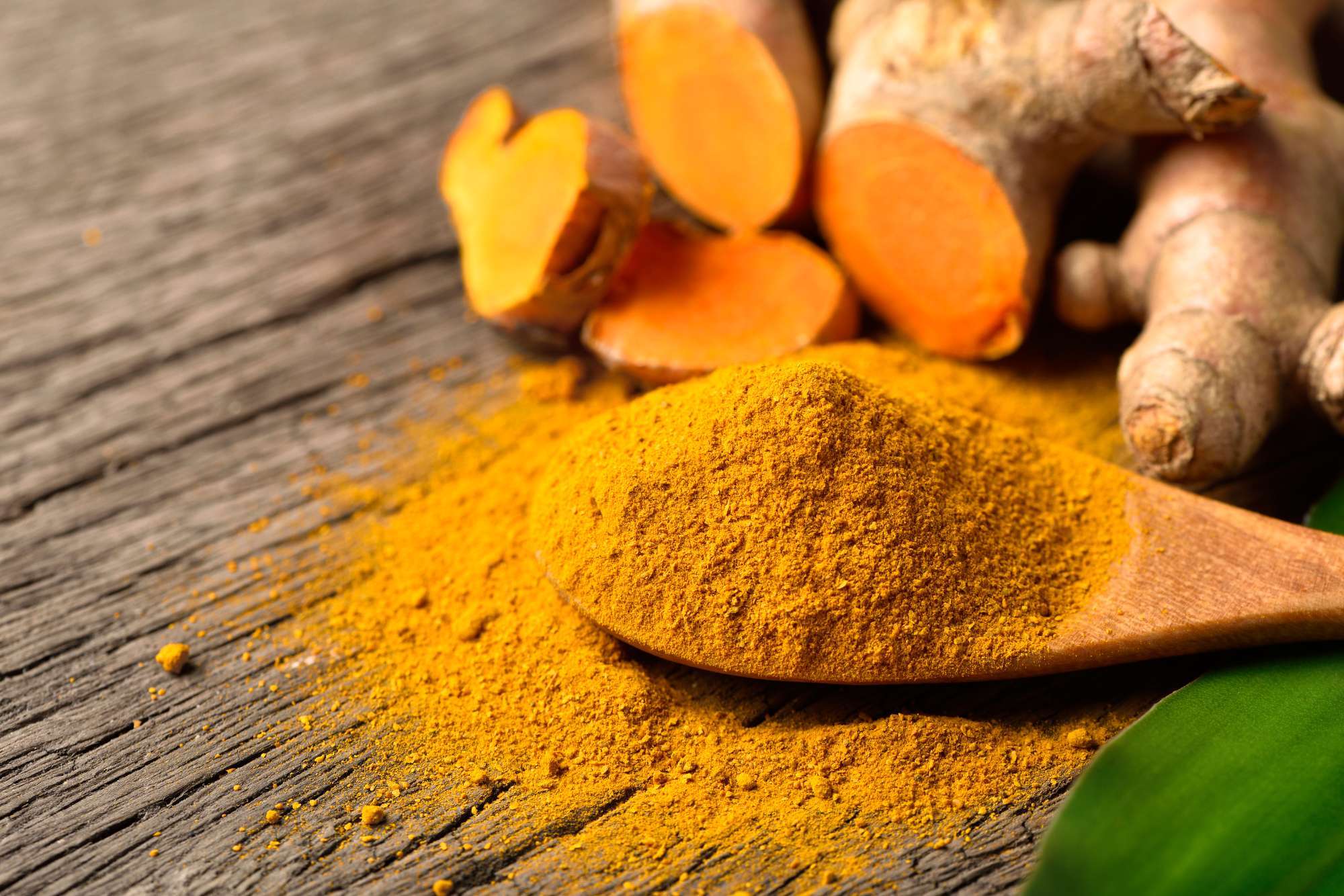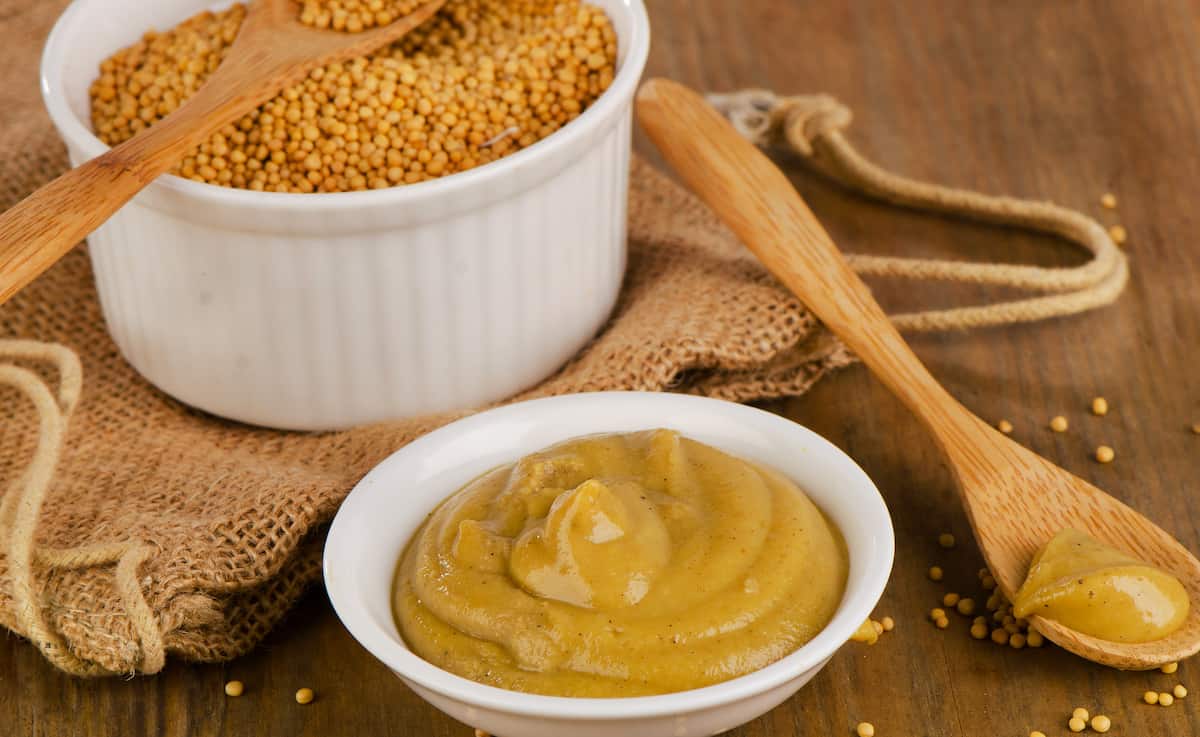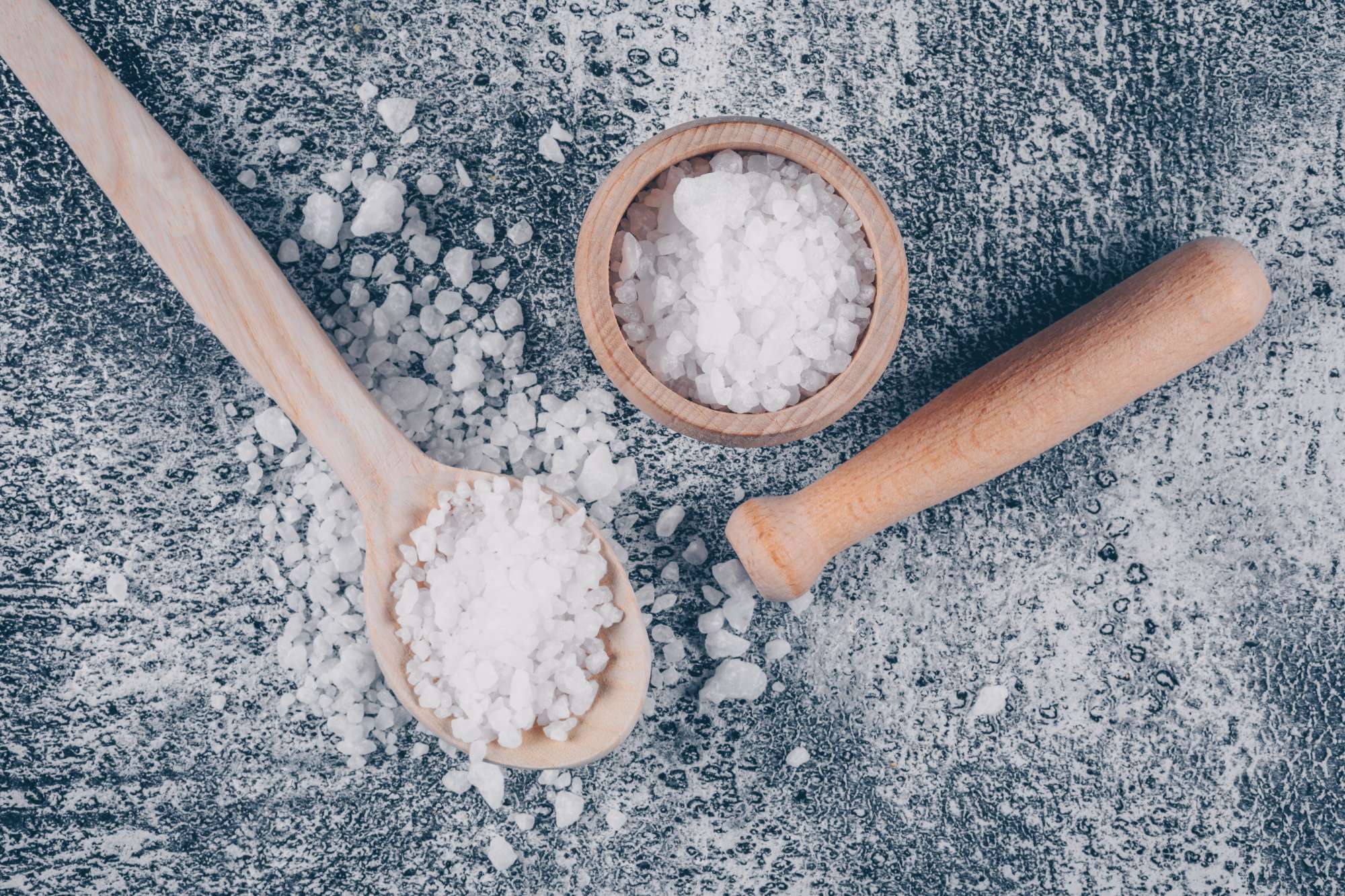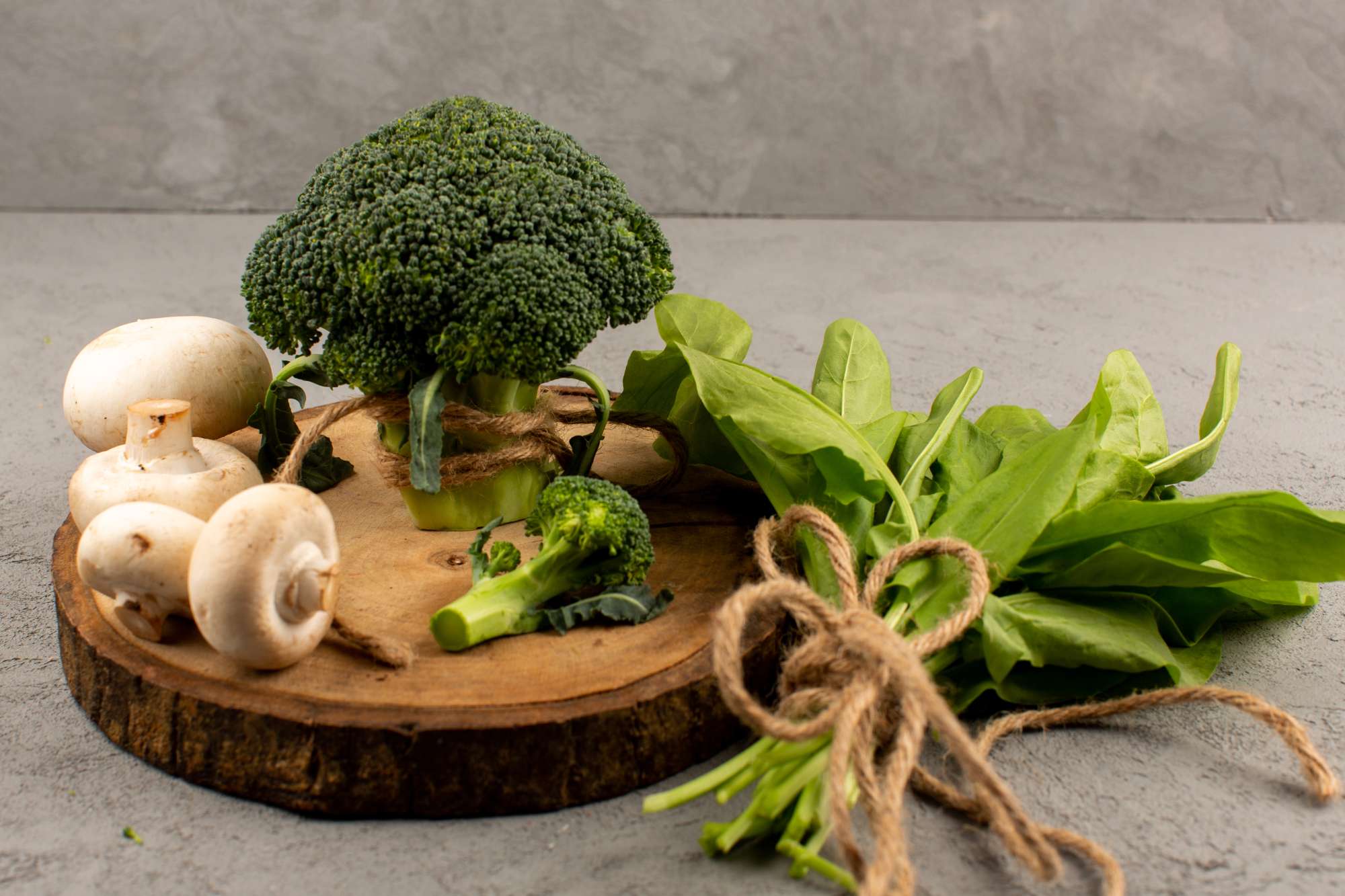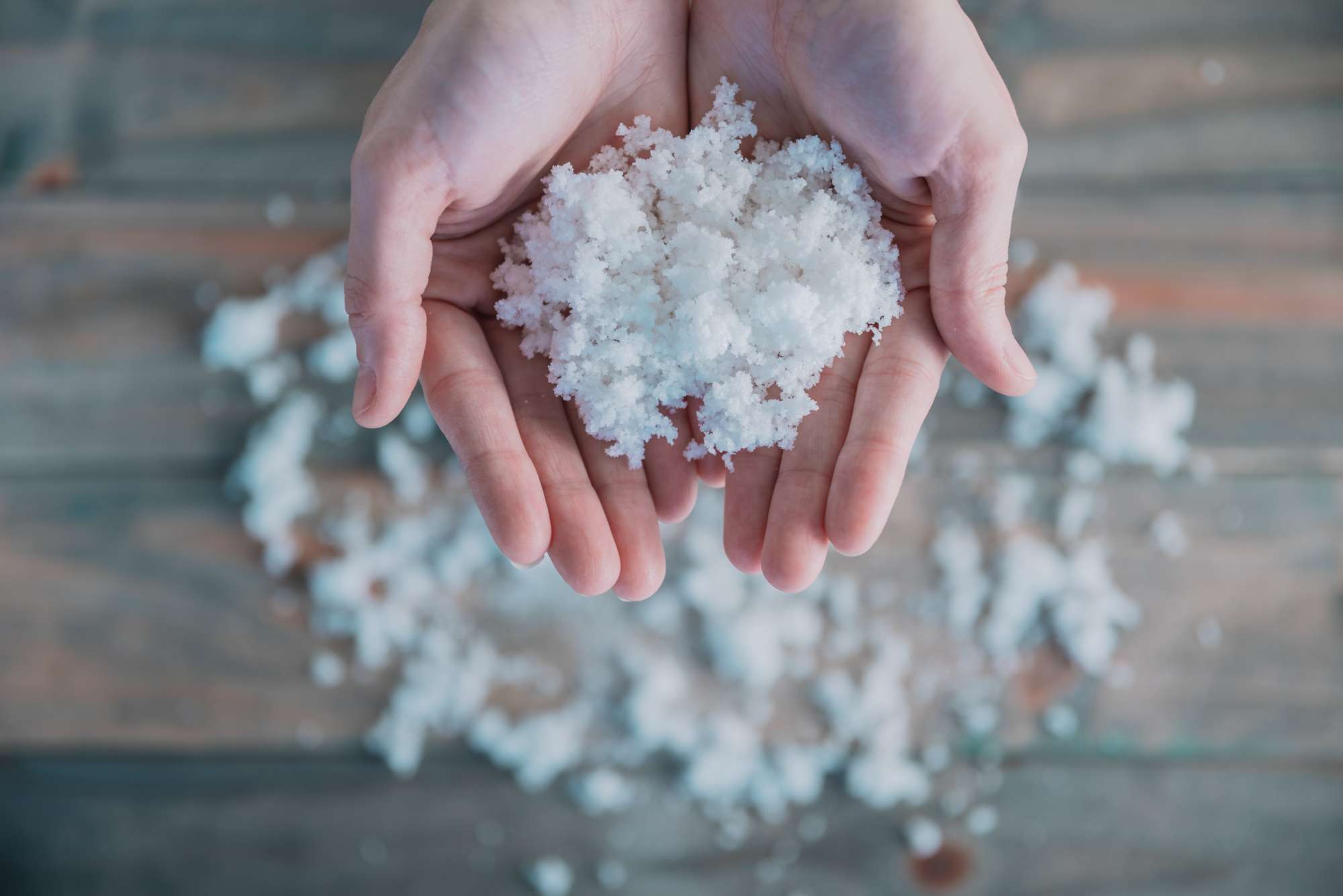Salts
Salts
Salt is harvested from salt mines or by evaporating ocean water. All types of salt are made of sodium chloride, and the nutrient content varies minimally. Although less processed salts contain small amounts of minerals, the amount is not enough to offer substantial nutritional benefit. Different salts are chosen mainly for flavor.
The most widely used, table salt, is extracted from underground salt deposits. It is heavily processed to remove impurities, which may also remove trace minerals. It is then ground very fine. Iodine, a trace mineral, was added to salt in 1924 to prevent goiter and hypothyroidism, medical conditions caused by iodine deficiency. Table salt also often contains an anticaking agent such as calcium silicate to prevent clumps from forming.
Kosher salt is a coarsely grained salt named for its use in traditional Kosher food preparation. Kosher salt does not typically contain iodine but may have an anti-caking agent.
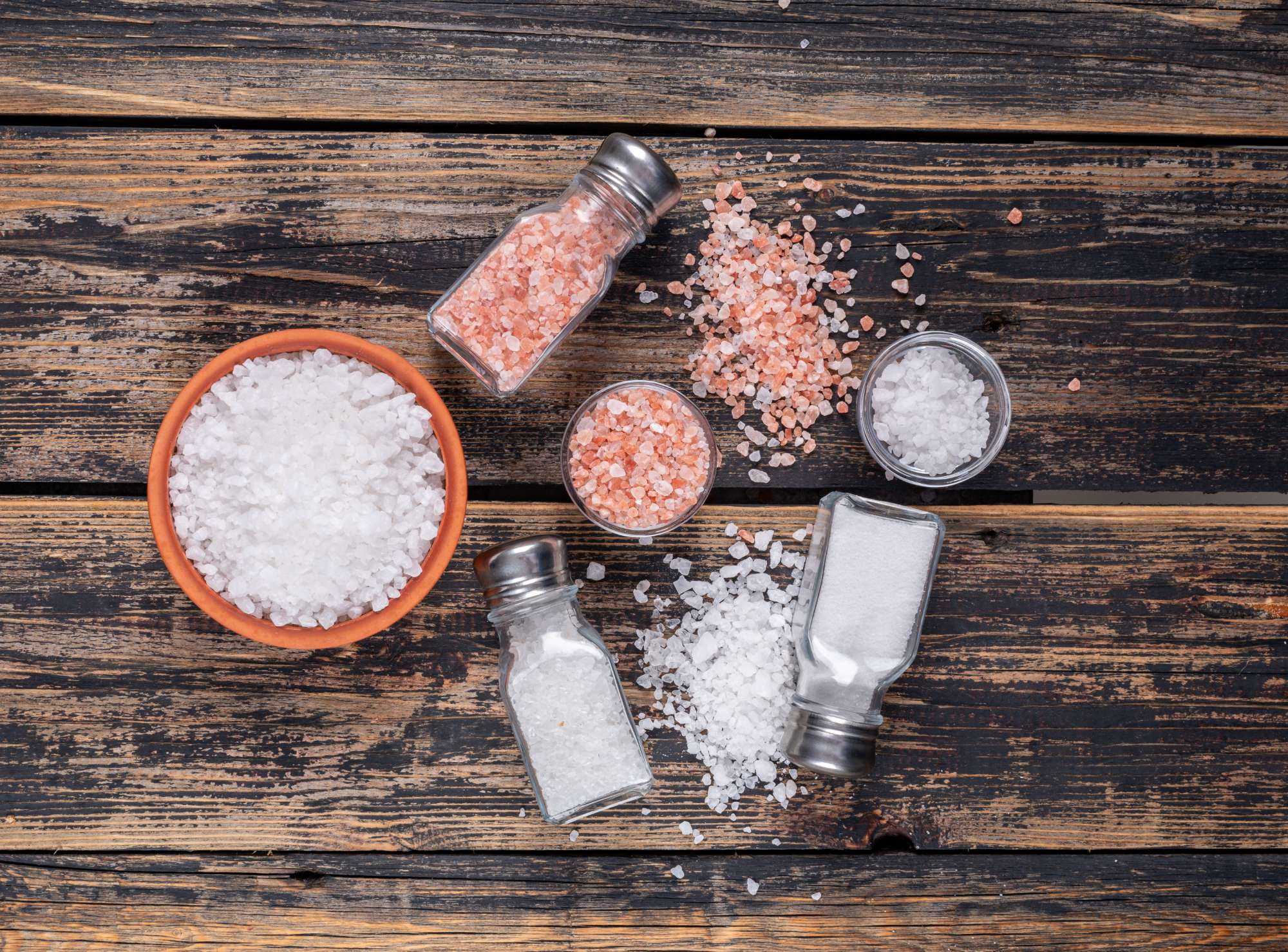
Sea salt is produced by evaporating ocean or sea water. It is also composed mostly of sodium chloride, but sometimes contains small amounts of minerals like potassium, zinc, and iron depending on where it was harvested. Because it is not highly refined and ground like table salt, it may appear coarser and darker with an uneven color, indicating the remaining impurities and nutrients. Unfortunately, some of these impurities can contain metals found in the ocean, like lead. The coarseness and granule size will vary by brand.
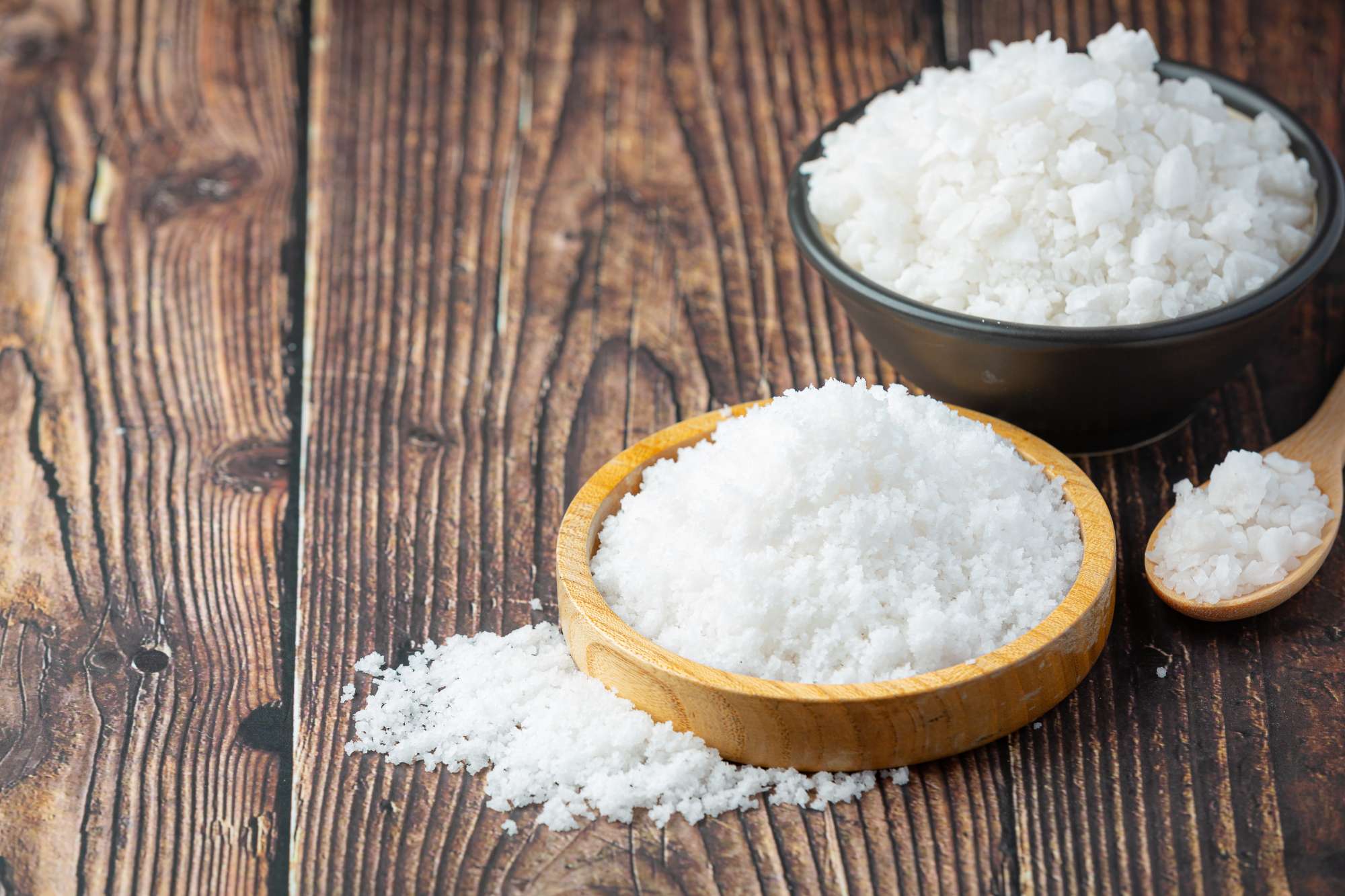
Himalayan pink salt is harvested from mines in Pakistan. Its pink hue comes from small amounts of iron oxide. Similar to sea salt, it is less processed and refined and therefore the crystals appear larger and contain small amounts of minerals including iron, calcium, potassium, and magnesium.
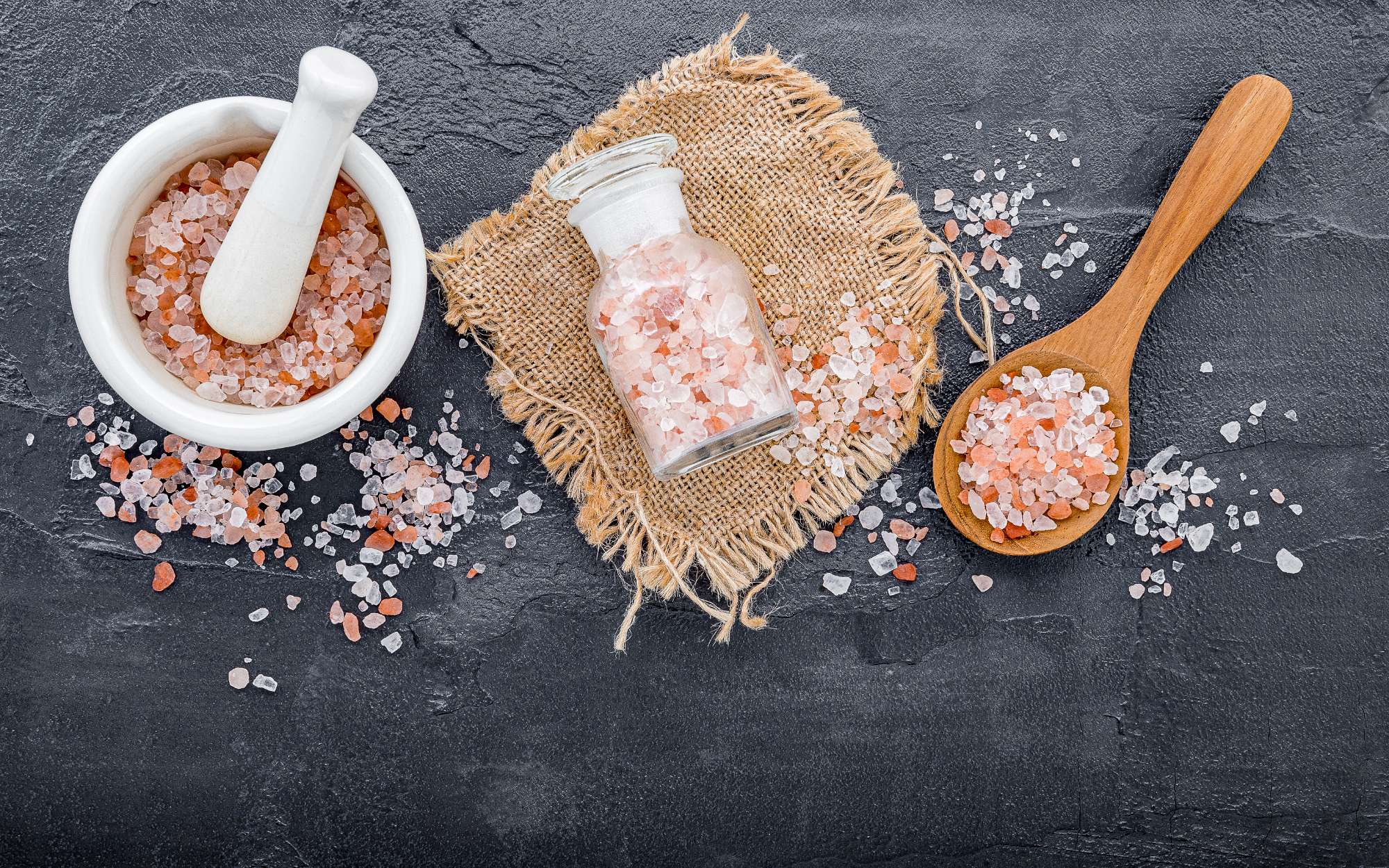
Larger, coarser salt granules do not dissolve as easily or evenly in cooking, but offer a burst of flavor. They are best used sprinkled onto meats and vegetables before cooking or immediately after. They should not be used in baking recipes. Keep in mind that measurements of different salts are not always interchangeable in recipes. Generally, sea salt and table salt can be interchanged if the granule size is similar. However, table salt tends to have more concentrated, saltier flavor than kosher salt, so the substitution is one teaspoon of table salt for about 1.5 to 2 teaspoons of kosher salt depending on the brand.
Compiled and written by Crocus Media
Products
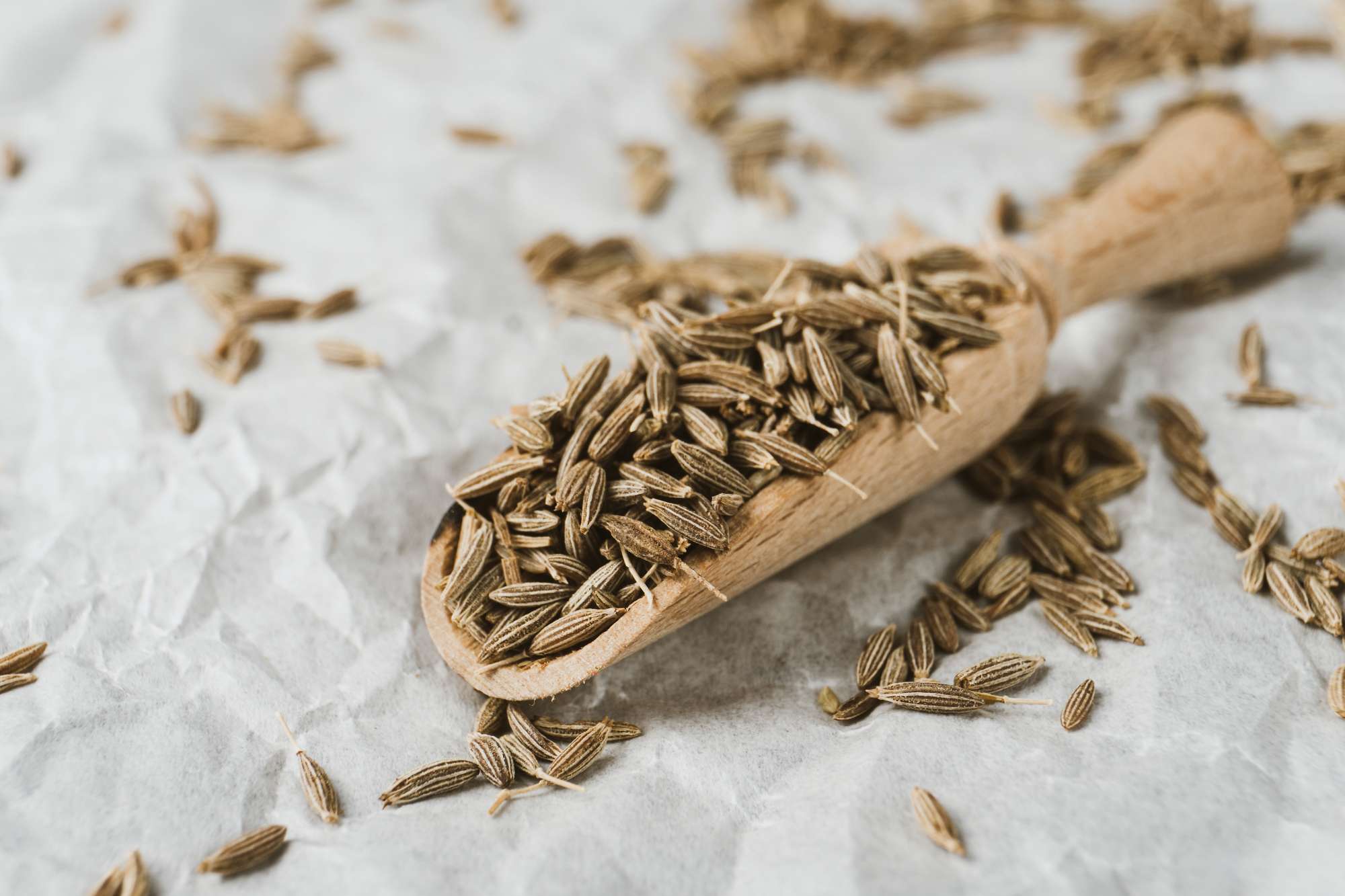
Cumin Seed
Cumin Seed contains compounds called flavonoids that work as antioxidants in the body. It can help prevent diseases such as cancer, heart disease, high blood pressure and also improves digestion, immune system, circulation,...
